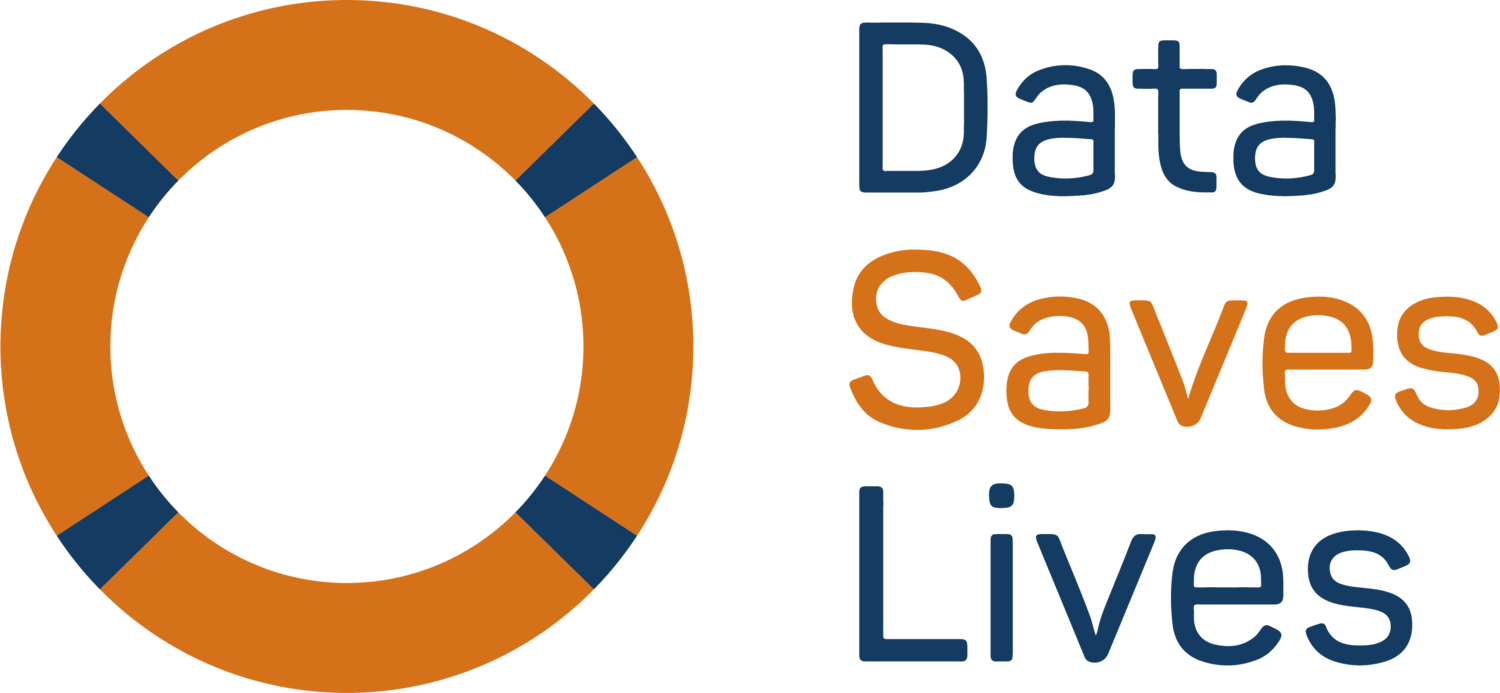On 5-6 December 2023, the third Data Saves Lives Ambassador Training Bootcamp was held in Brussels, Belgium, in partnership with the European Health Data & Evidence Network (EHDEN). The bootcamp centred on the process of establishing community-led patient registries. The ultimate aim was to empower participants with insights into the steps involved and the pivotal role of patient groups in shaping registry design for community benefit.
After a careful selection process, 10 EPF members, representing regional and national organizations with a keen interest in building registries, were invited to participate. Through a blend of presentations, practical sessions and case studies, the group explored the various aspects and considerations for setting up patient registries. Below is a summary of these sessions and some of the key takeaways.
Understanding the approach and benefits of a community-led patient registry
To set the scene on day one, we started with a basic overview and definition of what a community patient-led registry is to set the foundations for the rest of the workshop. That being a patient registry that is coordinated and managed by a community group. We then moved on to hear from Peter Rijnbeek, EHDEN, who provided a comprehensive view of EHDEN’s work and strategic aims, introducing the group to the Common Data Model (CDM) and Observational Medical Outcomes Partnership (OMOP) frameworks. These frameworks serve to standardise and harmonise healthcare data, a critical element in research and analysis.
The group explored how we can communicate the benefits of patient registries to different stakeholders. Insights into the perspectives of patients, caregivers, healthcare professionals, payers, and pharmaceutical companies were explored by the group. These insights, invaluable in a multi-stakeholder project, enable informed decision-making for building a registry.
Petra Wilson, Health Connect Partners, brought in the legal perspectives of ‘ownership’ when it comes to health data. Unlike a house, a car, a book that a person can own and therefore, sell and transfer ownership to another person, data ‘belongs’ to us in a more relational kind of way – such as child, a job, etc. This helped to lay the foundations for an overview of the general data protection regulation (GDPR) guidelines and proposed European Health Data Space (EHDS), that are crucial to understand as part of processing patient data.
Learning from others who have established registries for their communities
We were honoured to be joined by Conan Donnelly, International Niemann-Pick Disease Registry (INDPR) and Tanya Collin-Histed, International Gaucher Alliance (IGA), who talked us through some of the highlights and challenges of setting up their own registries. Emphasising the importance of community buy-in from the start, they stressed the need to demonstrate value early in the process. They also highlighted that global collaboration comes with both rewards and challenges and regional legislations and cultural differences should always be considered.
We rounded off day one by looking at the potential challenging questions we might get asked from the community. Questions ranged from ‘who is involved in the registry?’, ‘how can you ensure my data is safe?’ to ‘what is the expected workload?’ Overall, the group agreed that:
Being transparent about who’s involved and the expectations around being part of the registry from a community perspective should be made clear from the start
It’s vital to have a clear research objective at the start of developing the registry and it can be used to secure buy-in from the community
Ensure a clear governance structure is in place to ensure accountability at all stages
Exploring the practicalities of establishing a registry
On the second day, Dr Elin Haf Davies, Aparito guided participants through the practicalities of building a patient registry. Starting with the importance of establishing a clear research agenda (what you want to find out from the registry), the session delved into technical considerations such as data collection form accessibility, optimisation, and patient recruitment.
Before wrapping up, the group took some time to reflect on the past few days and develop a top-level action plan to take back to their organisations for further refinement. Here are some of our key takeaways from across the two days:
Patients and caregivers should be more than just consulted, but play a leading role in registry development from the very start: From identifying the type of data needed to the modifications needed to capture the data, patient groups are experts in understanding the needs of their community and should play an integral role throughout the process
Building a registry is a complex process but collaboration is the key to success: There are many challenges to be faced throughout the journey from selecting the appropriate partners to securing funding and resources. While some of these challenges are unavoidable, it shouldn't always fall to the community to address them. In fact, there are many different data collection approaches, such as building a network with other existing registries to leverage new outputs
Quick wins should be built into any action plan: Insights and meaningful learnings from data can take time to generate so it's important to involve the community throughout the process and share any developments or findings with them to increase buy in and trust
It was an inspiring two-day event, jam-packed with rich discussion, learning and ideation. Many of which will form the basis of new tools for the Data Saves Lives toolkit. The Data Saves Lives team also plans to be back with more live training events similar to this, so stay tuned!

